A battle for space in the seas around Scotland was one of the hot topics in focus as the Scottish Skipper Expo event got under way in Aberdeen today.
The UK’s largest fishing industry showcase is taking place at P&J Live over two days.
It follows a two-year break in the normally annual series, with both the 2020 and 2021 events cancelled due to Covid-19.
Opening the show, rural affairs cabinet secretary Mairi Gougeon launched a new round of funding that was allocated to the Scottish Government to help coastal communities.
It highlights our commitment to investing in Scotland’s seafood and wider marine sectors and the communities which rely on them.”
Marie Gougeon, rural affairs and islands cabinet secretary.
Applications are now being accepted for a share of cash from the £14 million Marine Fund Scotland (MFS) pot.
The government is keen to support projects which reflect its Blue Economy Vision, published earlier this year.
These are, in broad terms, initiatives which contribute in some way to “innovative and sustainable” marine sectors, reduce carbon emissions and support coastal communities.
Ms Gougeon’s opening remarks followed a brief introduction by Scottish Fishermen’s Federation (SFF) chief executive Elspeth Macdonald, who highlighted a “spatial squeeze” in Scottish waters.
Fishers fear they will be pushed out of some of their most prolific areas in the rush to develop offshore wind energy.
The ScotWind licensing round kick-started a massive investment in wind projects in the North Sea.
Concerns about what this will mean for fishing are cropping up in many of the conversations at Scottish Skipper Expo.
Asked by The Press and Journal if Holyrood is paying attention, Ms Gougeon said: “We are definitely listening.
“We know there are increasing concerns and there has to be a balance between the competing interests, but it would also be good to be able to have that energy security.”
The minister said she and her officials had already held meetings with the SFF in an attempt to address some of the challenges and concerns surrounding offshore wind.
Similar collaboration is taking place to tackle other big issues for the Scottish seafood industry, including fast-rising fuel costs and the impact of Brexit on exports, she said.
Ms Gougeon also said an independent Scotland back in the European Union would benefit from having its “own voice at the table” at annual fishing quota negotiations.
Ms Macdonald said: “While it is widely accepted that more offshore renewables will be required for Scotland to meet its net-zero target by 2045, the next round of projects covers a far greater area of seabed than industry was told leases would be given for.”
Now in its second year and part of a UK-wide funding pot, MFS was introduced to replace European Maritime and Fisheries Fund (EMFF) support north of the border.
UK businesses no longer have access to EMFF cash following Brexit.
Holyrood insists Scotland is entitled to £62m of replacement funding, with former fisheries secretary Fergus Ewing last year describing the £14m allocated as “wholly inadequate”.
It is important to explain to people where that money comes from.”
David Duguid, Conservative MP for Banff and Buchan.
The latest MFS funding round has helping to improve safety standards as a key aim.
Ms Gougeon said: “It highlights our commitment to investing in Scotland’s seafood and wider marine sectors and the communities which rely on them, supporting jobs and livelihoods while helping to protect the marine environment.
“We will also continue to press the UK Government to respect the devolution of marine funding and to recognise the size and importance of Scotland’s marine sectors.”
Banff and Buchan Conservative MP David Duguid, fisheries envoy for Prime Minister Boris Johnson, said the £14m allocation is “what was promised and delivered” by Westminster through Brexit.
Mr Duguid added: “As welcome as this funding is, and we don’t want to look a gift horse in the mouth, it is important to explain to people where that money comes from.”
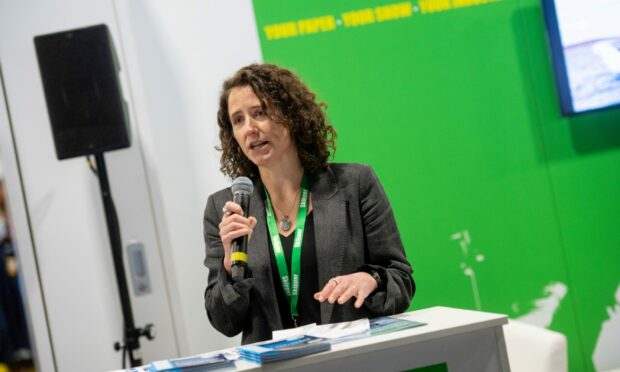
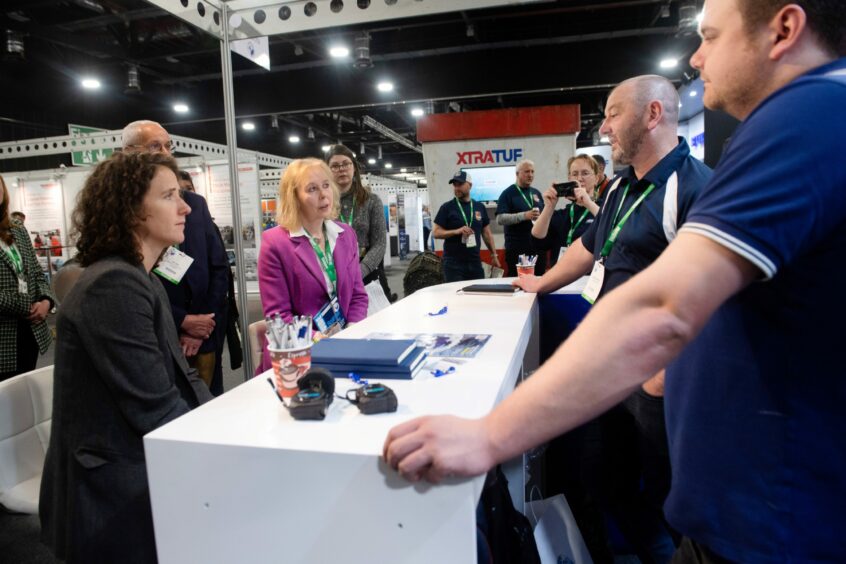
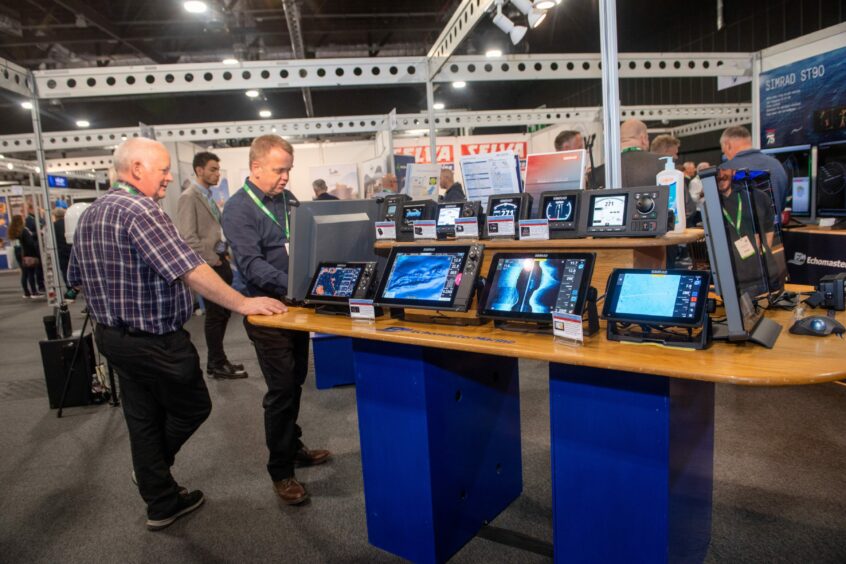
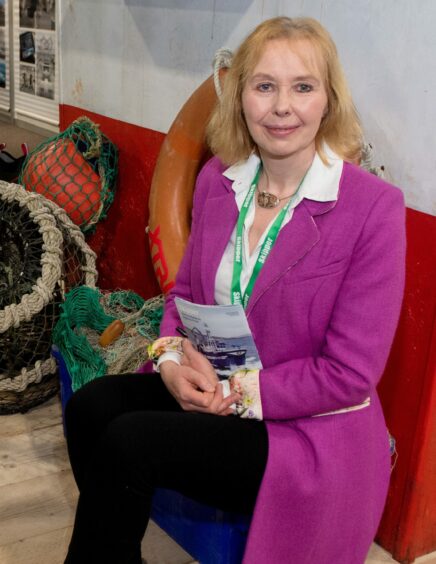
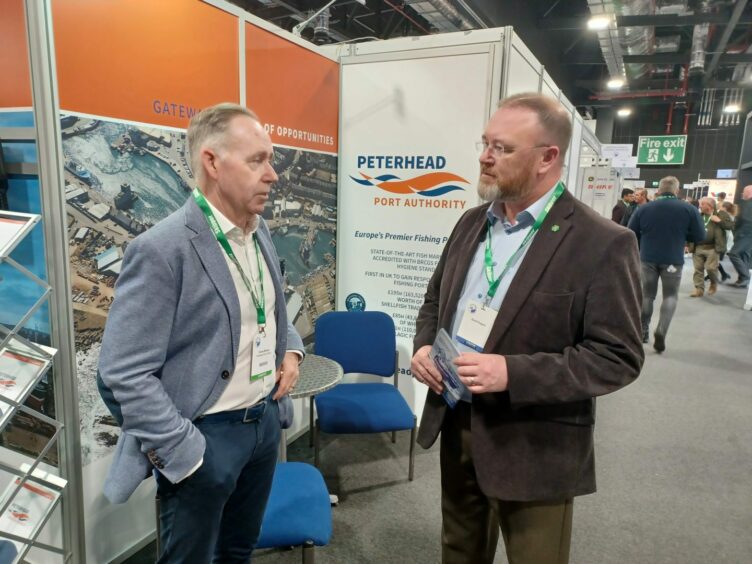
Conversation